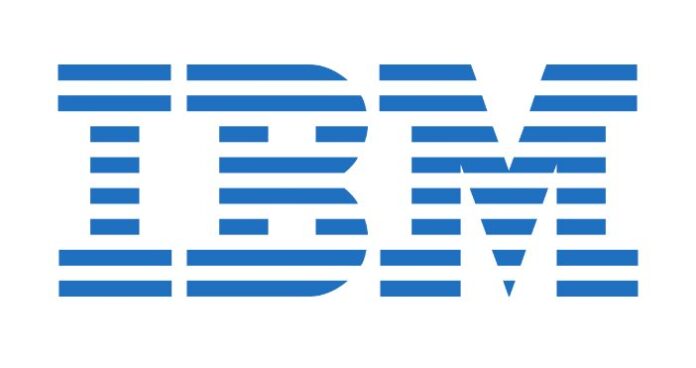IBM joins Telecom Sector Skill Council with push toward network functions virtualization
IBM Corp. recently announced it is collaborating with Telecom Sector Skill Council (TSSC) in an effort to advance budding technologies like big data, cloud computing, virtualization and the internet of things (IoT) within India’s telecom sector.
IBM and TSSC will provide courses created by experts from both companies. The one-week courses give students access to software and platforms, including IBM Cloud, IBM Watson IoT platform and Big Data Solutions. Students who complete the program will be certified by IBM Career Education and TSSC.
“We are delighted to partner with IBM in our endeavor to train and skill India’s youth, boost growth and productivity in the telecom sector. We believe IBM’s resources will enable telecom sector professionals with new-age capabilities and narrow the existing gap between demand and supply of skills,” said CEO of Telecom Sector Skill Council SP Kochhar.
The multinational technology company already collaborates with some of India’s biggest telecom service providers, including including Bharti Airtel, Vodafone and Idea Cellular. Analysts expect proposals to consolidate Vodafone India-Idea Cellular and Reliance Communications-Aircel-MTS will decrease revenues, IBM’s included. Nevertheless, the company says these merges can open up new opportunities for the company:
“We touch almost half of the telecom subscriber base in the country through large telco contracts that we have. Our customers will merge, and not the number of subscribers in India as the size increases,” Karan Bajwa, regional general manager at IBM India-South Asia, told Economic Times. “Consolidation, while it brings an economy of scale, also opens new opportunities. I see positive impact in the mid-term. Clearly, the transition that any merger will have, we have to go through and support.”
The company is also seeking partnerships with telcos leveraging network functions virtualization (NFV) technology. According to ABI research, total NFV market revenues are projected to reach $38 billion in 2022. The organization joined the Open Network Automation Platform (ONAP) Project, an open source software project dedicated to advancing NFV adoption, as a platinum founding member earlier this year.
NFV involves decoupling software from hardware. The technology enables service providers to deploy innovative projects and services swiftly. NFV, along with software-defined networking (SDN), promises to reduce capital expenses (CAPEX) and operating expenses (OPEX) by allowing network administrators to spend less time managing networks.
IBM is working with telcos to automate network operators and customer care services. The company’s collaboration with India’s telcos isn’t limited to IT outsourcing contracts. With a virtualized network infrastructure, IBM is working with these companies to provide cloud and cognitive network operations. The company intends to aid India’s transition into digitalization.

